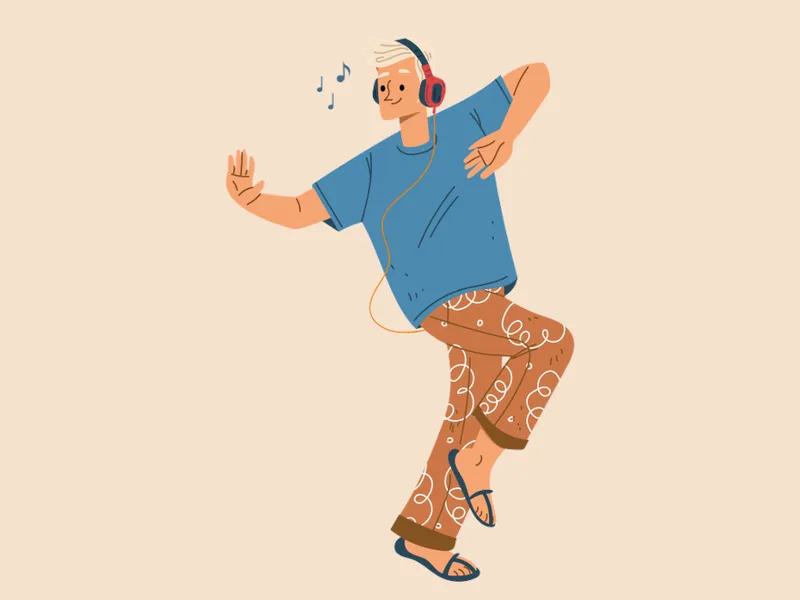This article delves into the psychological dynamics that underpin the INTJ-ESTJ relationship, exploring the reasons behind their mutual attraction and the challenges they may face. INTJs, known as the Architects, are characterized by their introversion, intuition, thinking, and judging traits. ESTJs, or the Supervisors, embody extroversion, sensing, thinking, and judging. Despite their apparent differences, these two types often find themselves d
INTJ
This article delves into the external and internal characteristics of the INTJ Sagittarius male, exploring their strengths, weaknesses, and the psychological underpinnings that shape their identity. The intersection of astrology and psychology offers a unique lens through which to understand human behavior. The INTJ personality type, one of the 16 Myers-Briggs Type Indicators (MBTI), is often described as the "Architect" due to its strategic, log
This article delves into the unique strengths of individuals with the INTJ personality type, as defined by the Myers-Briggs Type Indicator (MBTI). The article highlights their intellectual acuity, creative ingenuity, and boundless imagination. It also discusses the interplay of these strengths and how they contribute to the overall personality profile. Finally, it identifies challenges that INTJs may face and suggests ways to enhance their person
This article delves into the less flattering aspects of being an INTJ, focusing on perceived arrogance, emotional ineptitude, and other psychological nuances that can hinder their personal and professional relationships. INTJs are not devoid of emotions; rather, their auxiliary function prioritizes logical analysis over emotional expression. This can make it difficult for INTJs to navigate the emotional landscapes of interpersonal relationships.
This article delves into the psychology behind INTJ's approach to love, particularly how their inherent traits manifest in their romantic relationships and why they reserve their gentlest side for those they hold dear. INTJs are not devoid of feelings; they simply process emotions differently, offering a unique form of emotional support that is thoughtful and deliberate. Their ideal relationship is one of mutual growth, where both partners are co
This article delves into the psyche of the INTJ observer, exploring how they navigate the world with a keen ability to suppress emotions and maintain control over situations. We will examine the psychological underpinnings of this trait, its advantages, and potential pitfalls, providing a comprehensive understanding of the INTJ's approach to life and interpersonal dynamics. By understanding the motivations behind their behavior and addressing pot
Distinguishing INTJ-T and INFJ-T: Cognitive Patterns, Interpersonal Dynamics, and Personality Traits
This article delves into the nuances of INTJ-T and INFJ-T in MBTI, focusing on their cognitive functions, social dynamics, and distinctive characteristics. INTJ-T is characterized by the cognitive function stack that includes Introverted Intuition (Ni), Extroverted Thinking (Te), Introverted Feeling (Fi), and Extroverted Sensing (Se). INFJ-T, on the other hand, operates with a different cognitive function stack: Introverted Intuition (Ni), Extrov
This article delves into the unique dynamics of INTJ relationships, exploring their compatibility, communication styles, and the challenges they may face in the realm of love. INTJs are known for theirIntroverted, Intuitive, Thinking, and Judging traits, which collectively shape their approach to relationships. They value deep, meaningful connections over superficial interactions and prefer directness and honesty in their interactions. Conflict r
This article delves into the psychological underpinnings of how INTJs might approach the challenge of punishing or managing individuals who do not align with their principles or actions. INTJs are characterized by their strategic thinking, independence, and a strong desire for efficiency and competency. Their approach to punishment is designed to have a psychological impact on the offender, providing clear, logical consequences that foster self-r
This article addresses common misconceptions about the INTJ personality type, emphasizing that INTJs are not characterized by disdain but by a desire for clarity, efficiency, and personal excellence. The article also discusses the psychology behind these misunderstandings and emphasizes the importance of context in understanding INTJs. By retiring the INTJ emoticon of disdain and engaging in a more nuanced dialogue about personality types, we can















